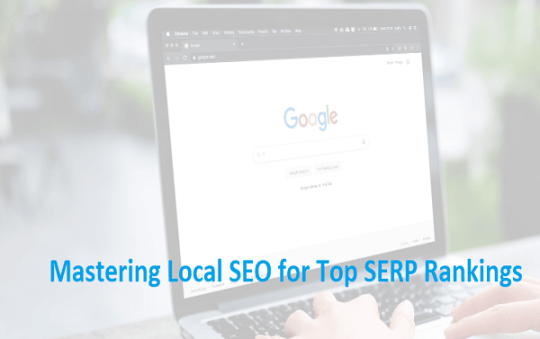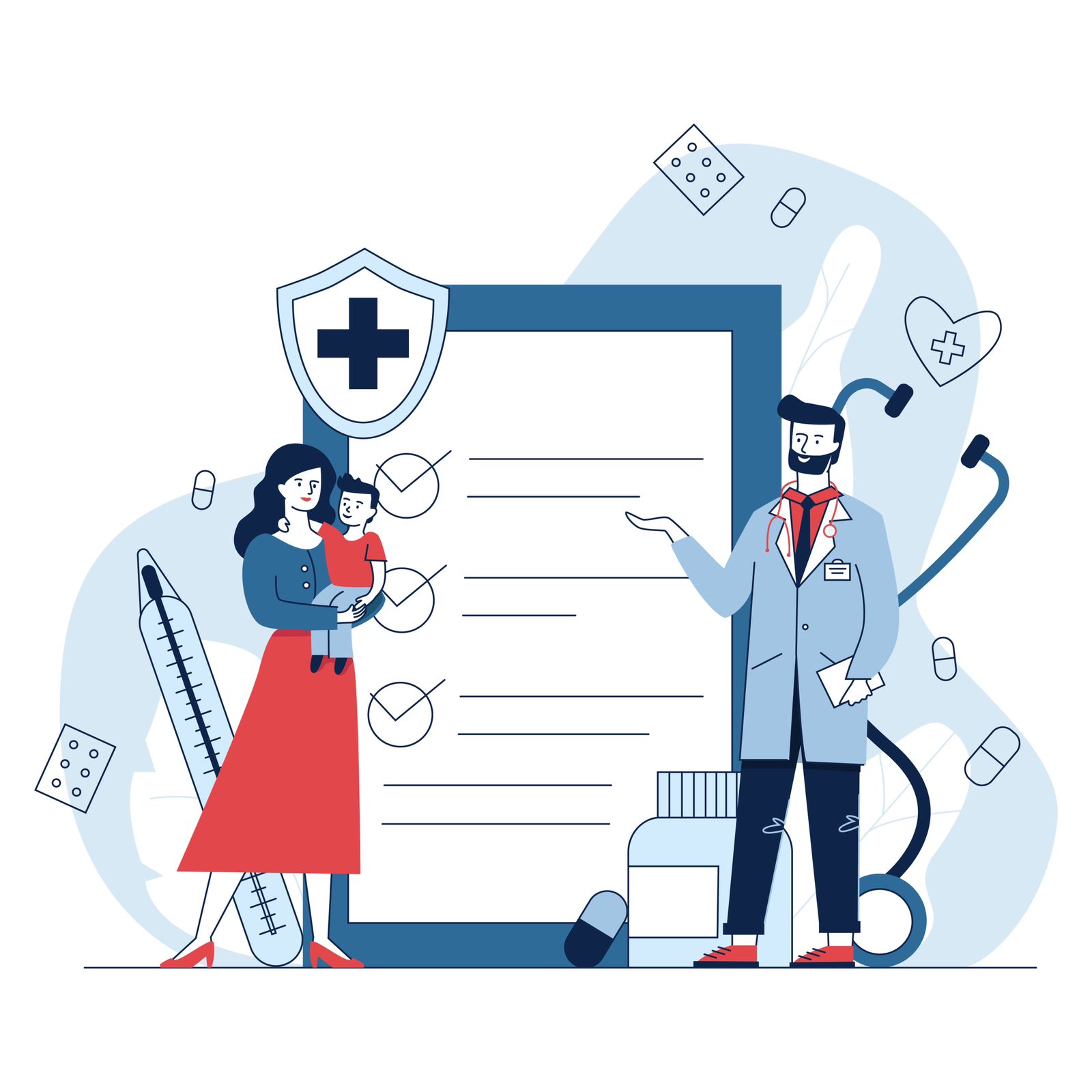Recognised as a huge chain network, logistics is a comprehensive organisation accountable for carrying out multiple deliveries- and shipment-related operations. Whenever customers buy products from any online store, logistics companies are the ones responsible for taking care of shipment, while also ensuring that you get the right product on time and in a safe condition.
Along with logistics, the growth of e-commerce business has also made a substantial contribution to the world economy. Without the use of logistics, the very concept of e-commerce would have never been possible to be implemented. This article explains all the different types of logistics providers and how they are distinct in their unique way.
Contents
What is 1PL?
1st party logistics simply refers to a company or an individual who has their own freight and cargo and can transport products from one port to another. Typically, they are the consigner of various goods and products and helps organise and facilitate the transport of goods to their respective destinations. It primarily consists of two parties, the supplier and the buyer,who benefit from the transaction of goods. Besides, there are no other middlemen involved in the entire process.
What is 2PL?
Now, a 2PLsusually refer to themovement of goods from a designatedtransportation area of the supply chain like road, sea, rail or air. They are the asset-based logistics partners and facilitates the transport of goods using ships of their own lease and airlines that they are engaged with. 2PLs are typically used for international transportation of wholesale and heavy goods, including trade of goods as well. For instance, second-party logistics providers can be freight brokers, shipping associations, customs brokers, freight forwarders, etc.
What is 3PL?
A 3PL broadly refers to an external supplier, who performs either a part of or all logistics functions that are not accomplished by in-house logistics agents such as DHL Global Logistics.
The primary functions of 3PL comprise terminal operations, supply chain management, customs brokerage, warehousing and many more. In addition, it also includes the use of AI and analysis services for both tracking and tracing shipment delivery at various stages. What’s more is that they also specialise in offshoreand domestic warehousing andtakes heed of other supply chain management systems.
What is 4PL?
4th party logistics is, however, a new concept, and involves employing a supervisor for managing an entire supply chain of an organization. These logistics are frequently called lead logistics providers and are considered as consulting companies for countless supply chains. Not only that, but they also act as a head administrator and oversee every aspect of supply chain companies.
4PL’s objective is to provide value across a whole supply chain system, and not just one segment of the chain. Further, its services are determined by customer needs.
Also read: What is export license and its importance?
What is a 5PL?
A 5PL logistics provider is otherwise referred to as a logistics aggregator. They will combine the demands of 3PLs and others into a bulk volume for receiving better rates with various types of airlines and shipping companies. A five-party logistics provider is not asset-based and smoothly works across all disciplines.
In recent years, a 5PL has grown into a widespread form of logistics carrier service and has developed logistics services for many e-commerce businesses. Plus, they also manage and coordinate the activities of 3PLs and 4PLs through data solutions related to the demand and supply in various e-commerce businesses.
The features of 5PLs comprise systems like order management system (OMS), transport management system, and warehouse management system (WMS). These three systems are closely interlinked with each other in an integrated system and information technology. There are logistics providers whose network offers the world’s foremost time-definite international delivery service.
Now that you know how these different logistics providers differ from each other, choose wisely to improve your business’s operations. These different logistic services are slowly bridging the gap between manufacturer and customer. After all, it only takes a little management to connect people across the globe.




